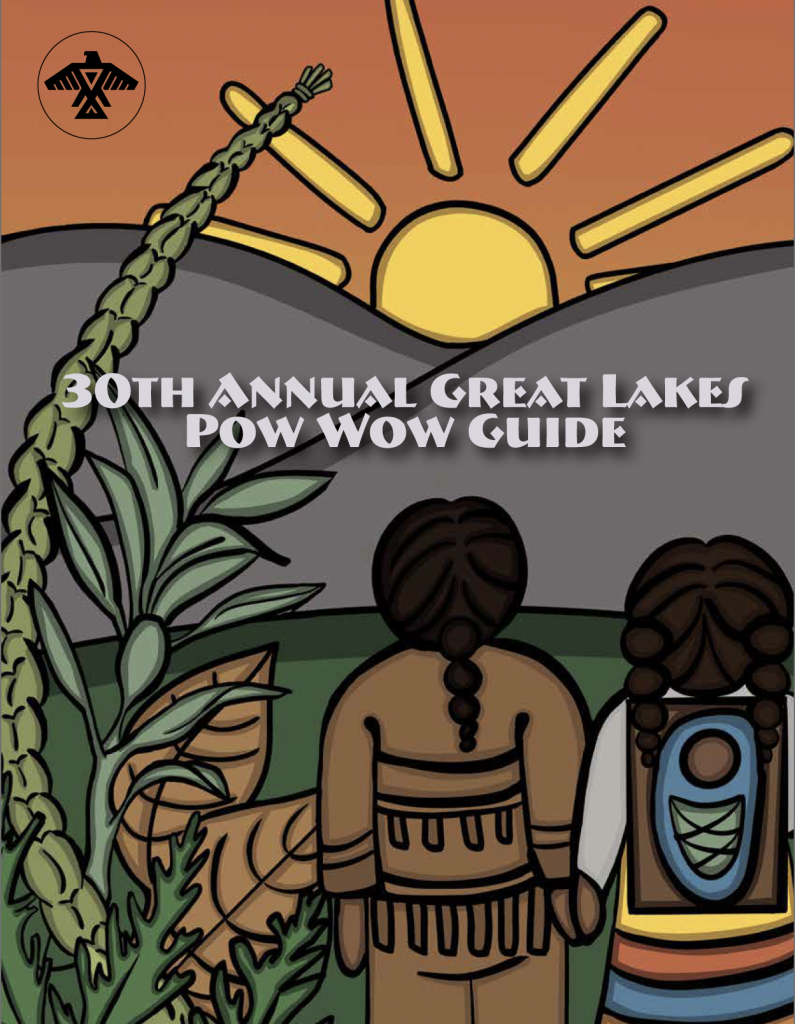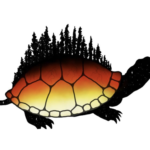Anishinabek Nation and the Federation of Sovereign Indigenous Nations call for action on the Day School Class Action Settlement
ANISHINABEK NATION HEAD OFFICE (June 22, 2022) – The Federal Indian Day School Class Action Settlement is set to close forever in July 2022. As this date quickly approaches, Survivors and their families are in distress, outwardly excluded from a process established to find them justice. First Nations and Indigenous representatives have called for amendments and the addressing of the many issues being experienced by Survivors; however, these calls have been ignored. The timeline of this settlement is not being extended for all, despite challenges from the global COVID-19 pandemic.
Survivors repeatedly report receiving lower levels than deserved and have been deprived of the ability to disclose further proof as they acquire or remember it. Survivors are also unable to re-apply for their deserved compensation level. Across this country, federally-funded Day Schools have been left off of this eligibility list. Survivors continue to be re-traumatized as they and their families are forced to relive the trauma as they write their narratives for a stranger to review.
To demonstrate the true urgency and requirement for immediate action for all Day School Survivors and their families, the Anishinabek Nation has joined the Federation of Sovereign Indigenous Nations (FSIN) in signing their Petition of Demand. The issues and concerns with this Settlement extend beyond tribal borders and impact Indigenous peoples.
We recognize that Class Actions Settlements typically do not receive amendments or adjustments in this way, and acknowledge the value in following precedents and ensuring that historic judgements are applied throughout time and the status quo is maintained. However, the harms perpetrated against 200,000 Indigenous children at Indian Day Schools are harms on a scale Canada has never seen before, even exceeding the number of children directly harmed at Indian Residential Schools. The testimonies of Survivors and the uncovering of children’s graves at schools have highlighted what happens when the status quo is maintained and allow institutions to have authority because they have historically deemed them to be right. We cannot rely on the same systems that witnessed and allowed the creation and facilitation of these institutions of assimilation to find justice for our people. True reconciliation requires change, and we are calling upon Canada and the Class Council to make these unprecedented, but imperative changes to the Settlement.
We have walked with Survivors and their families, we listen and hear their cries, we sit and see their tears, and we will be the ones to manage the repercussions of this gross injustice for generations to come in Indigenous communities.
“Canada’s approach to the implementation of the claim regime should be grounded in the Truth and Reconciliation Commission’s Calls to Action. Today, we ask Canada to consider Call #29, to work collaboratively with Day School Survivors and their families who were not included in the Indian Residential Schools Settlement Agreement.”- Anishinabek Nation Grand Council Chief Reg Niganobe
“Day School Survivors and their families have endured enough trauma already. They do not need to face these barriers while on their difficult and emotional healing journey. The FSIN will continue to stand up with Survivors and their families so they can start receiving the justice they deserve.” – FSIN Chief Bobby Cameron
“We have schools that have been left off the eligible school list here in Saskatchewan. This is the same for other provinces and territories. This leaves Survivors who have endured the pain and hardships from these schools with no justice or closure to begin their healing journey. On top of the many reasons stated in this letter and the petition, we call upon the parties of this class action, Canada, and Gowling WLG to extend the deadline and amend the eligible school lists to ensure it encompasses all of the schools so that no Survivors are left out of the claims process. Considering reconciliation and the implementation of the Truth and Reconciliation Commission Calls to Action, we need to do our best for Survivors and to support them through these processes and make sure no one is being left out.” – FSIN 3rd Vice Chief Alyson Bear
In a true and honourable act of Truth and Reconciliation, we are calling on the Government of Canada to take the steps necessary to bring Class Council to the table to extend the deadline for the Federal Indian Day school Class Action Settlement and begin important discussions around addressing the additional barriers to equitable justice being experienced across Canada by Day School Survivors.
In unity,
| Reg Niganobe Grand Council Chief Anishinabek Nation |
Alyson Bear 3rd Vice Chief Federation of Sovereign Indigenous Nations |
||
| The Anishinabek Nation is a political advocate for 39 member First Nations across Ontario, representing approximately 65,000 citizens. The Anishinabek Nation is the oldest political organization in Ontario and can trace its roots back to the Confederacy of Three Fires, which existed long before European contact. | The Federation of Sovereign Indigenous Nations represents 74 First Nations in Saskatchewan. The Federation is committed to honouring the spirit and intent of the Treaties, as well as the promotion, protection and implementation of the Treaty promises that were made more than a century ago. | ||
– 30 –



